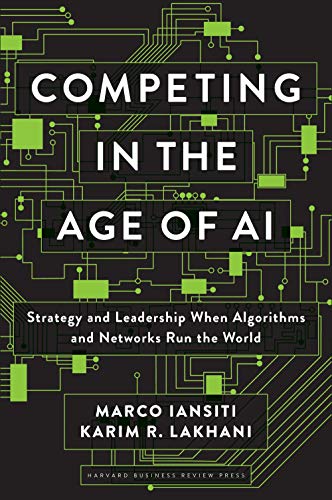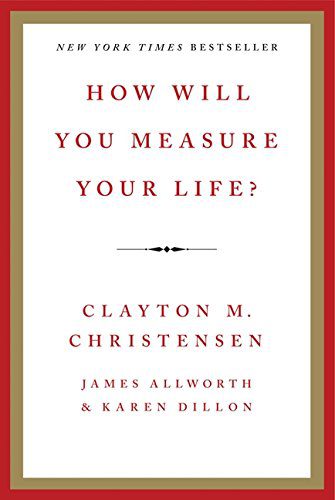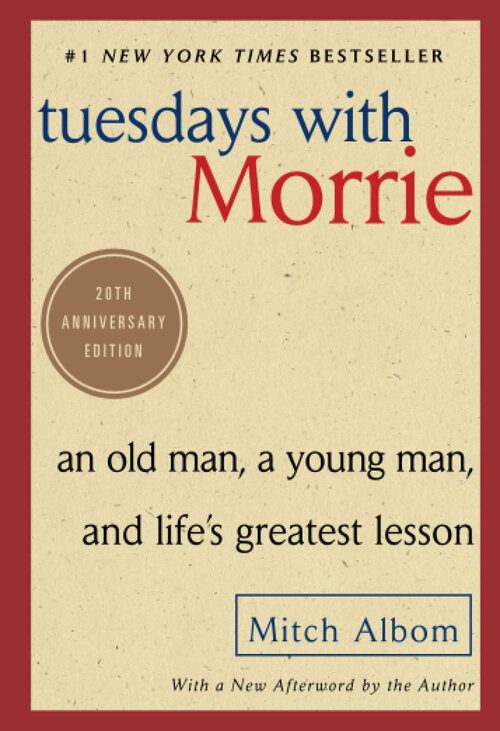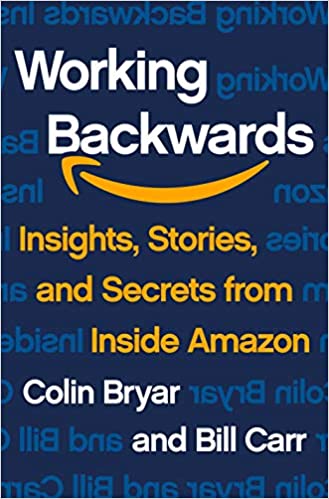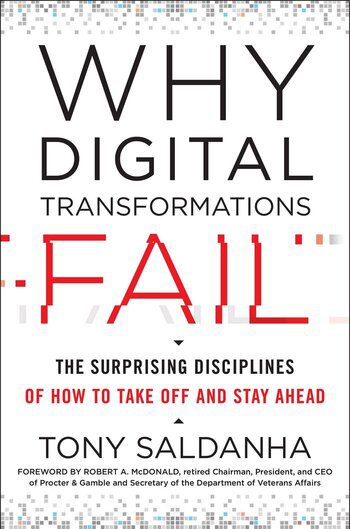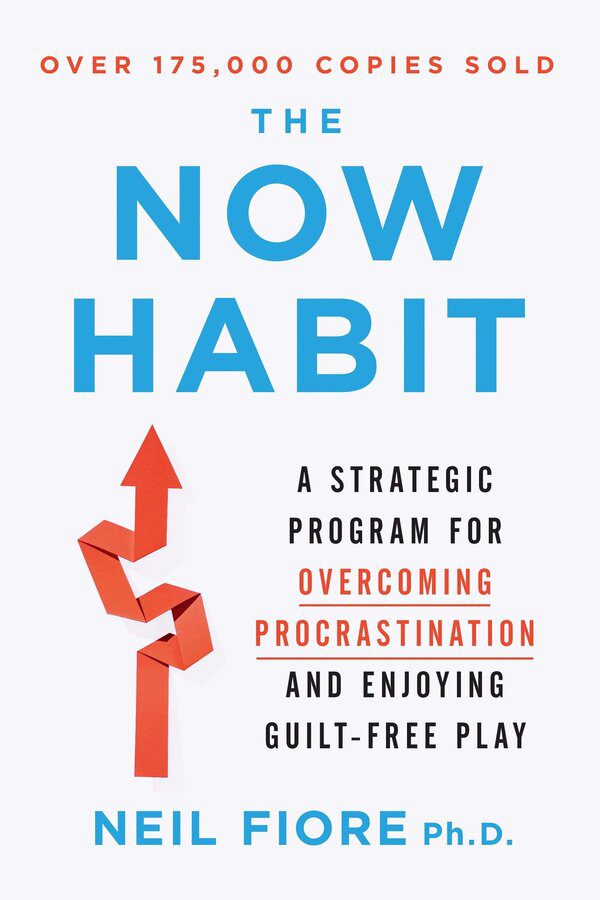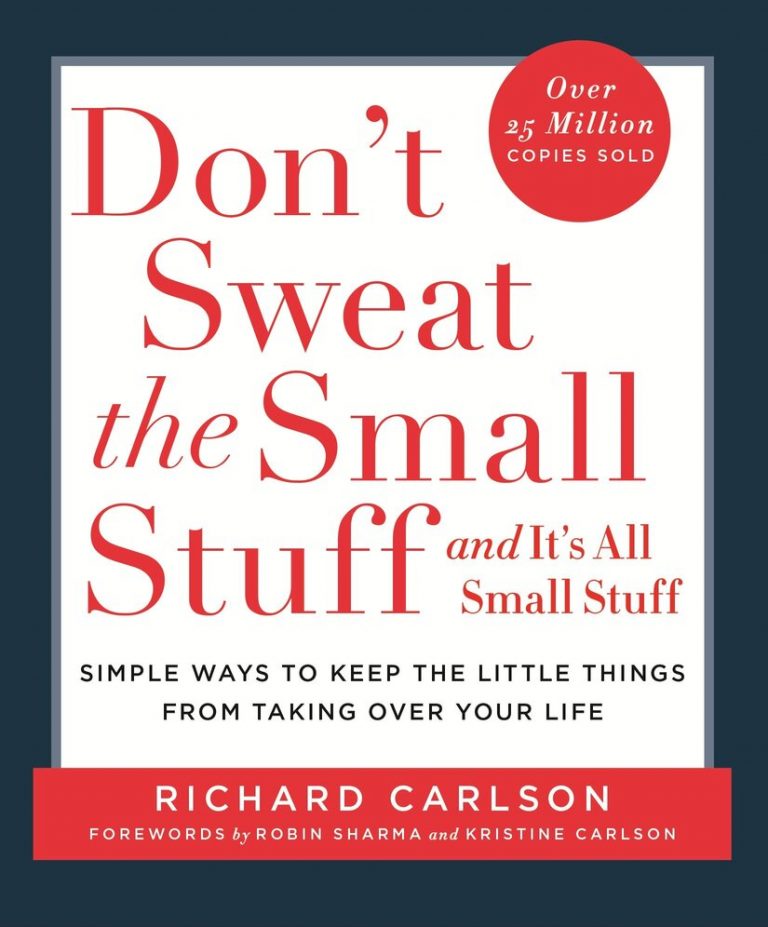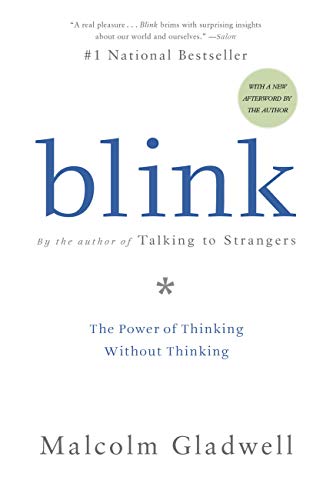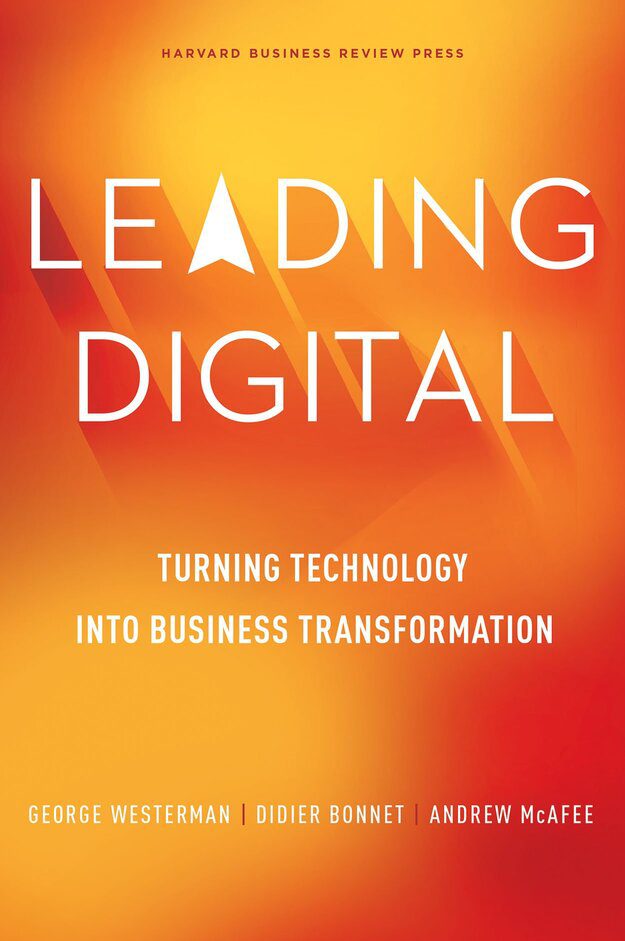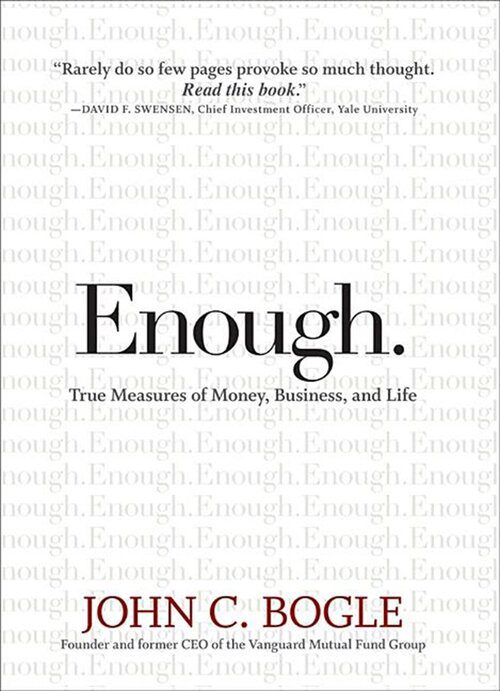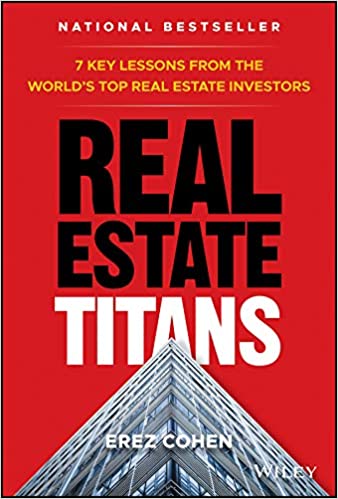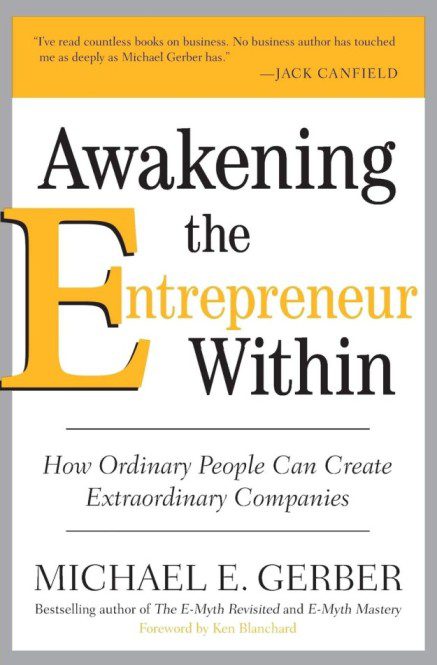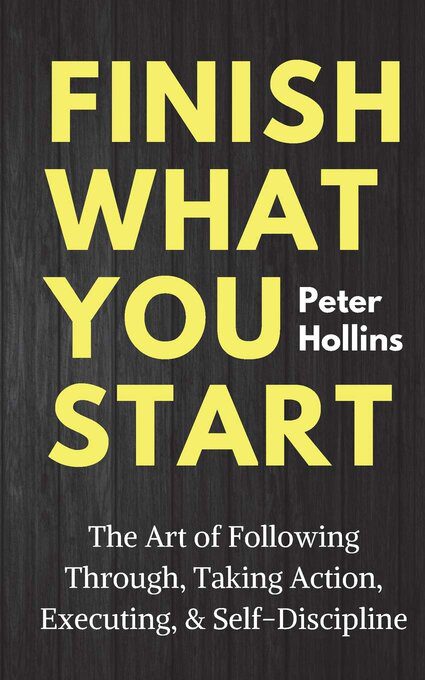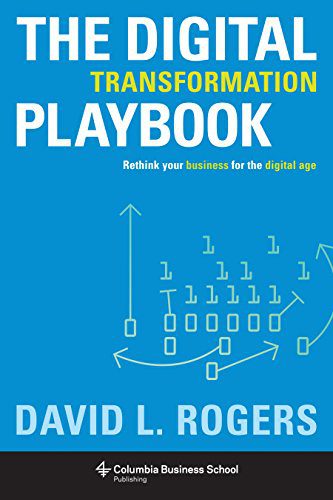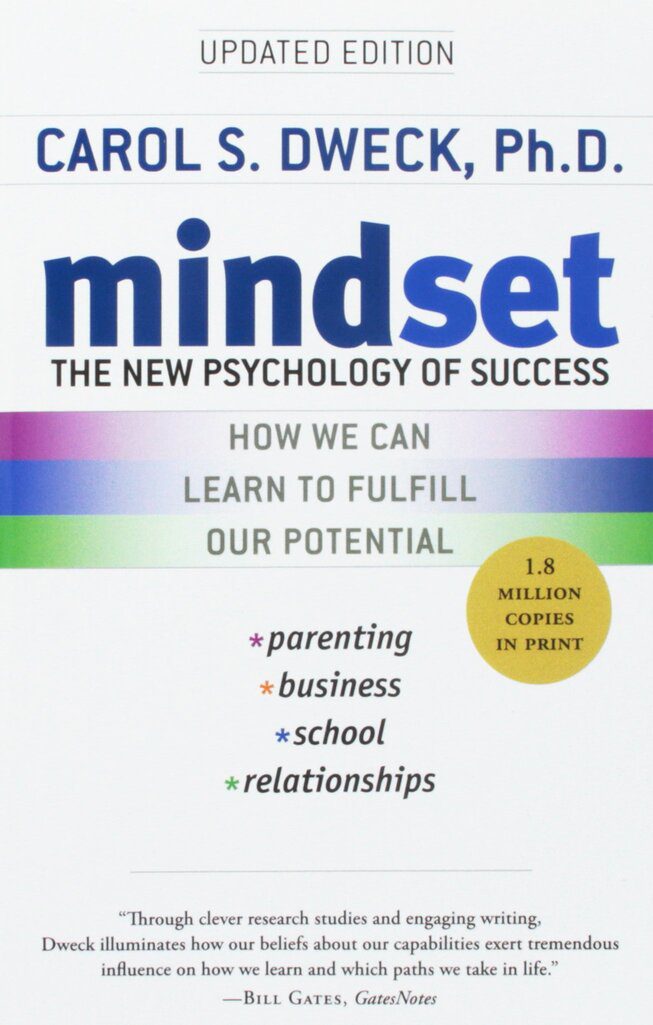Print | Kindle(eBook) | Audiobook
Title: Competing in the Age of AI: Strategy and Leadership When Algorithms and Networks Run the World
Authors: Marco Iansiti and Karim R. Lakhani
Published: 2020 by Harvard Business Review
Rating: 8/10
Theme: The authors observed that a new breed of firms, characterized by digital scale, scope, and learning, is eclipsing traditional managerial methods and constraints, colliding with traditional firms and institutions, and transforming our economy. Software, analytics, and AI are reshaping the operational backbone of the firm.
In Competing in the Age of AI, Authors Marco Iansiti and Karim R. Lakhani argue that reinventing a firm around data, analytics, and AI removes traditional constraints on the scale, scope, and learning that have restricted business growth for hundreds of years. From Airbnb to Ant Financial, Microsoft to Amazon, research shows how AI-driven processes are vastly more scalable than traditional processes, allow massive scope increase, enabling companies to straddle industry boundaries, and create powerful opportunities for learning—to drive ever more accurate, complex, and sophisticated predictions.
The book describes the profound implications of artificial intelligence for business. It is transforming the very nature of companies—how they operate and how they compete. When a business is driven by AI, software instructions and algorithms make up the critical path in the way the firm delivers value. This is the “runtime”—the environment that shapes the execution of all processes.
